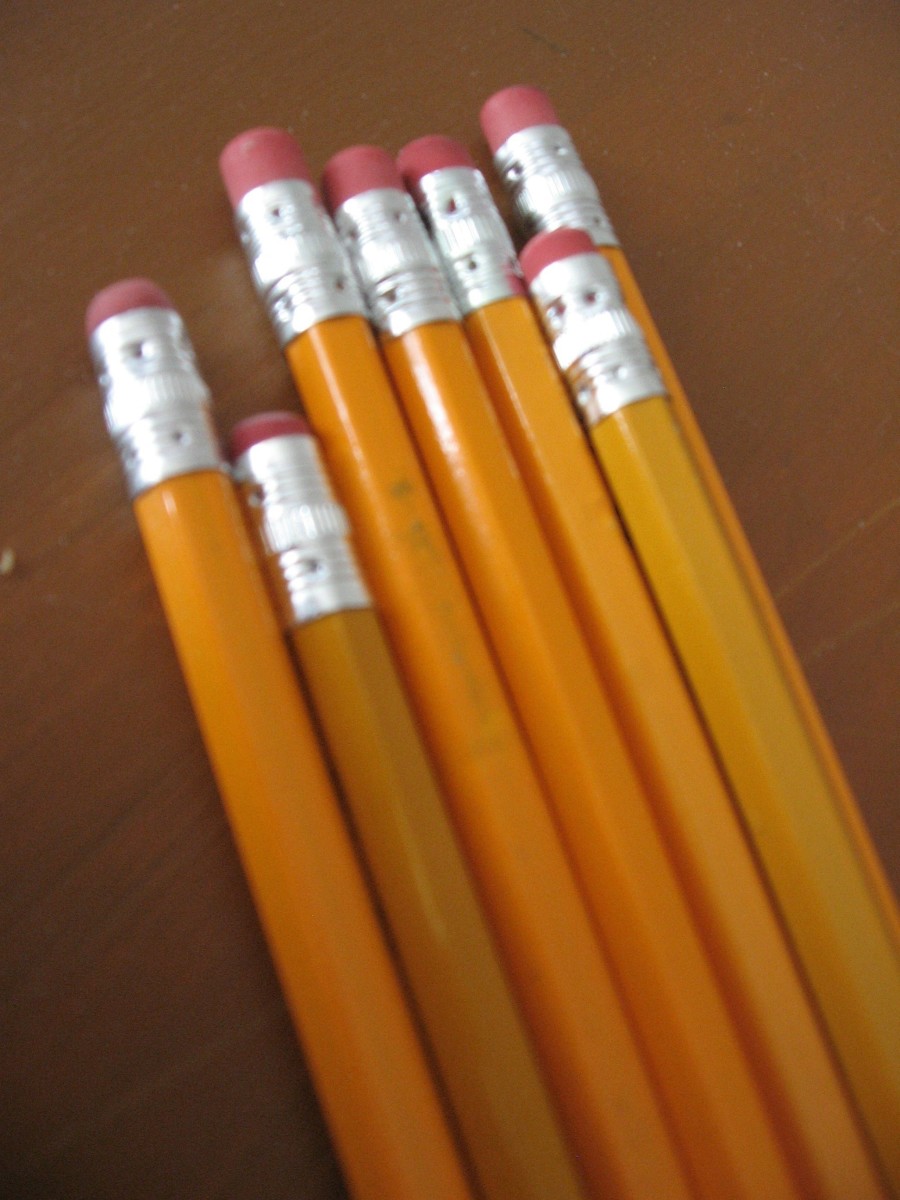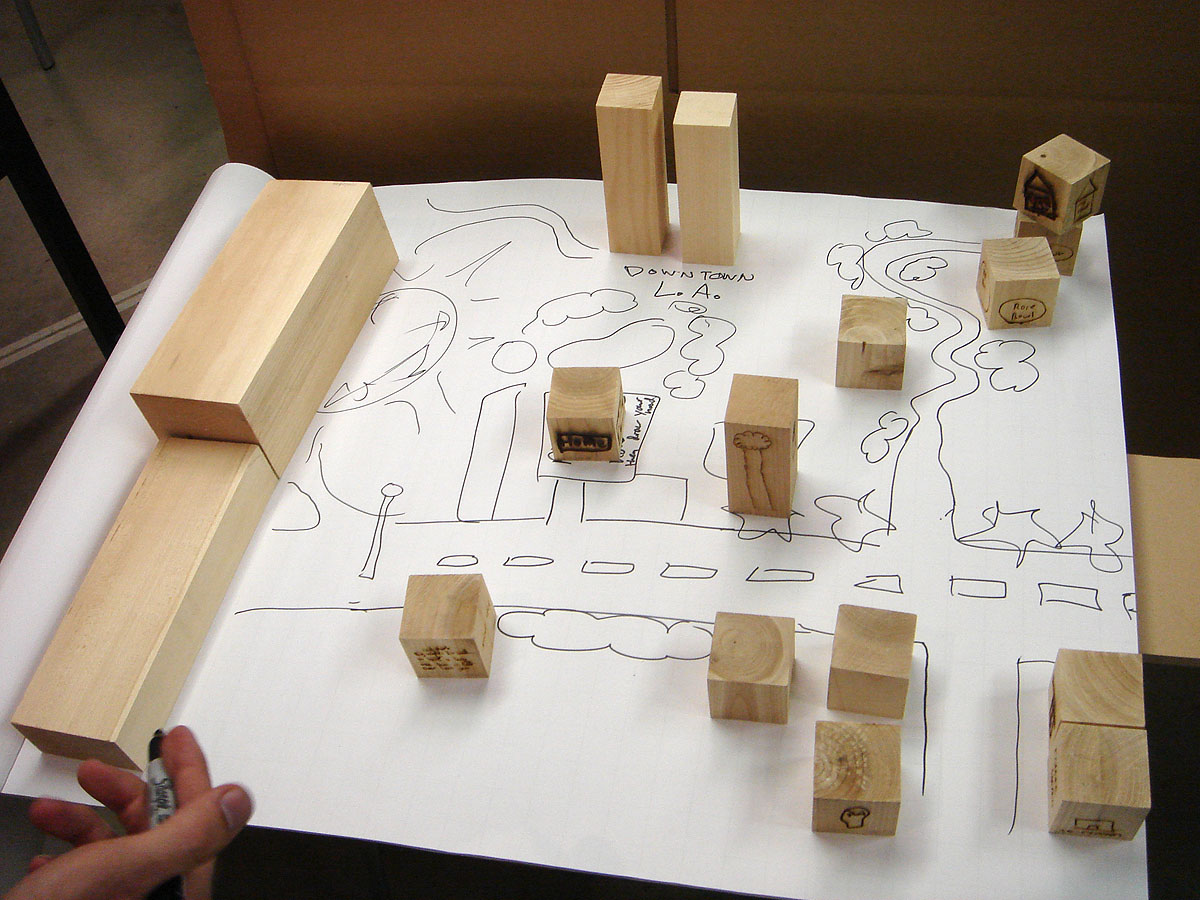Independent Writing Assignments for the English Classroom

After nearly ten years of teaching, I have taken the time recently to reflect on my life and career path. It surprises me sometimes that I have spent so many years teaching high school English. As all teachers know, there are days that are stressful and days that are joyous. There are days where we think we have made a difference and days where we wonder what we have gotten ourselves into. There are days that plan A goes smoothly, and then there are the days when we need a plan B, C, and D. In the end, I always remind myself that, as an English teacher, it is my job to ensure that I am helping my students become strong readers and writers who can be literate citizens. Although we do many things to meet that goal, that is the goal we need to reach when our time in the classroom comes to a close.
One of the ways that I ensure I am meeting the goal of encouraging literate citizens is to assign independent reading and writing assignments from time to time. I know that it is important to write about the things I love and the things that I am interested in. That is when I do my best writing. Therefore, it makes sense that giving my students the opportunity to write about their own interests and passions will allow them to produce their best writing. With all assignments though, students need direction and a place to start. Below is the text of a handout I created for my classroom for independent writing projects. Feel free to pull out these ideas and use them on a day that you need a plan B.
The ideas listed here are also good starters for writers of any age. Stuck for an idea for your next Hubpages article? Try one or more of the ideas and formats that follow. Good luck!
How often do you assign independent writing?


- Independent writing projects can be submitted each quarter for extra credit. (Sometimes they will be assigned.)
- You may not submit the same type of project more than twice during the school year.
- All final drafts should be typed in at least 12-point font.
- All final drafts should adhere to the conventions of the genre in which you choose to write. (A play script should look like a script! A poem should look like a poem!)


1. Poetry – For this option, you should write a set of at least five poems.
2. Short story – Your story can be fiction or non-fiction.
3. Newspaper article – Refer to the ‘Types of Writing’ page in your writer’s notebook for the different kinds of articles you can write. You may even choose to submit your article to the school newspaper!
4. Script – Write an original script for a play or movie. It is not required, but if you would like to perform your piece either live or via video, you may do so on the due date. Remember to include stage directions, a list of characters at the beginning, set the scene, etc.
5. Refer to the ‘Types of Writing’ page in your writer’s notebook for more ideas of kinds of writing you can produce for this project. Some of the items on that list will not meet the requirements for this assignment, for example you may not do a poster, greeting card, logos, etc.
Stephen King's Advice on Writing

Types of Writing to Try
My students and I spent time creating this list of "types of writing to try." I asked them to think of genre and structure or form. It was a great activity, and I suggest that you have your students do a similar brainstorming activity if you have time. genre
autobiography
biography
fiction
historical fiction
realistic fiction
non-fiction
mystery
suspense
horror
comedy
tragedy
romance
fantasy
adventure
action
science fiction
structure / form
poetry – sonnets, haiku, epic, free verse
essay
short story
novel
letters
narrative
scripts – movie, play, radio
pamphlets / brochure
diary / journal
travel logs
directions / instructions
summary
profile
interview
resume
lyrics
picture books
nursery rhymes
speeches
posters
greeting cards
logos / slogans
graffiti
newspaper – articles – news, feature, sports
editorials, obituaries, advice columns, advertisements
- Find a picture that you really like in a magazine, newspaper, or on a postcard. Cut it out and tell the story that you see happening in the picture. (The story can be completely fictional.) This works well with art.
- Have you seen any great, or not so great, movies lately? Have you purchased a new cd lately? Write a movie or music review.
- Are you a sports fan? Have you been following the teams here at school? Write a sports article for a newspaper. Check out the sports pages of today’s newspaper for inspiration.
- Do you know an interesting person in the community or in our school community who’s story must be told. Interview that person and write a profile of them.
- Do you love children’s books? Write and illustrate your own children’s book. Be sure to spend some time investigating the proper structure of these books in the elementary library. (Yes, they have a specific structure!)
- Is there a subject you have been dying to know more about? Do some research and write a researched essay to show your findings.
- Do you have an opinion about an issue that we are facing in our community or our world? Write an editorial or a persuasive essay that showcases your opinion. Check out the opinion articles in the newspaper for inspiration.
- Still stuck? Talk to your classmates. Find out what they are doing. Ask for help. Also, read published works by teens across the country.

Written by Donna Hilbrandt.
© 2012 Donna Hilbrandt



